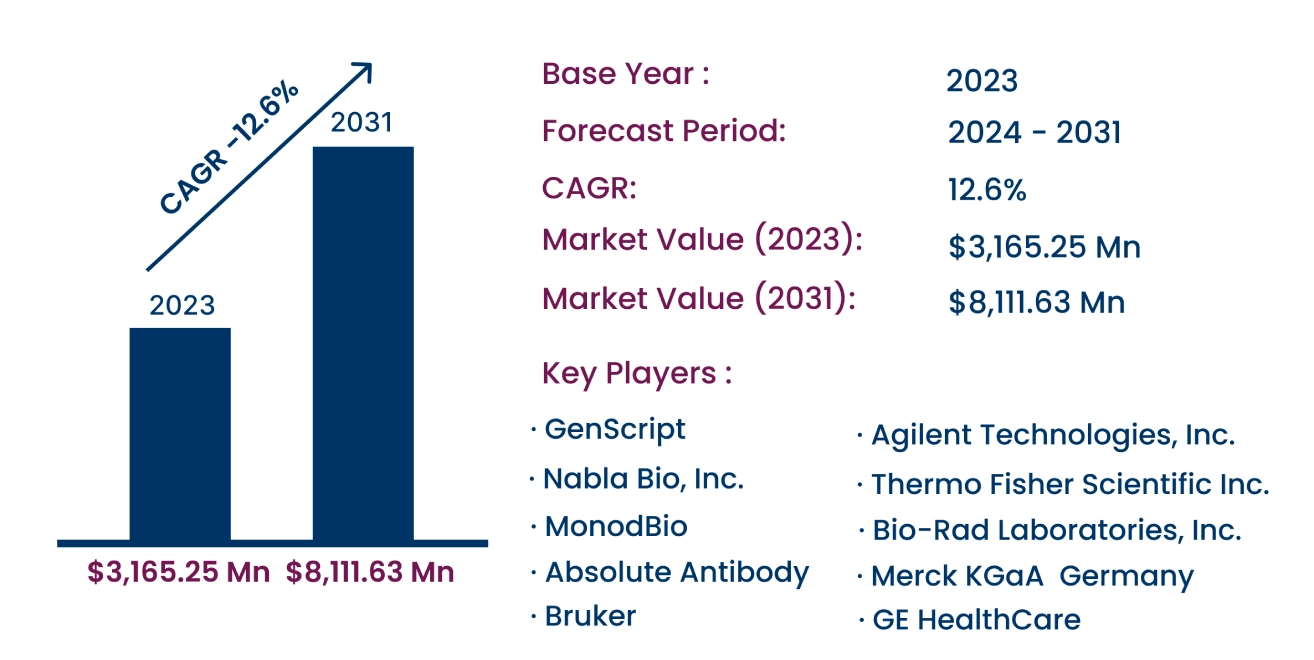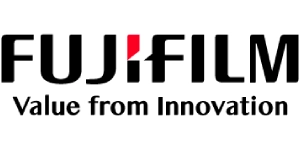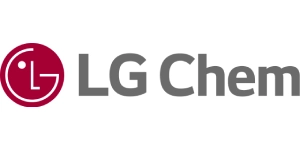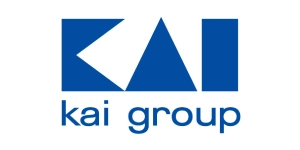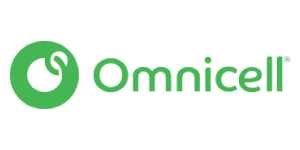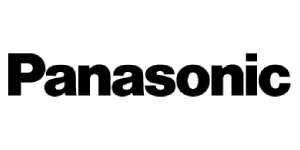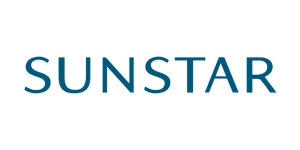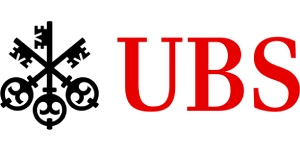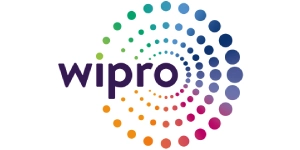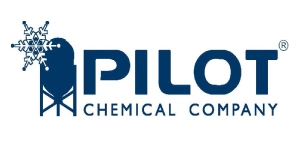Global Protein Engineering Market to Reach USD 8,111.63 Million by 2031 | CAGR of 12.6%
Category : Pharmaceuticals | Published Date : Nov 2024 | Type : Press Release
Protein Engineering Market Scope & Overview:
In the newly published report, Consegic Business Intelligence states that the Protein Engineering Market size was valued at USD 3,165.25 million in 2023, projected to grow at a CAGR of 12.6% during the forecast period to reach USD 8,111.63 million by 2031. Protein engineering involves designing and modifying proteins to enhance their properties or create new functions. It employs approaches such as rational design, directed evolution, and semi-rational design, enabling the development of proteins with improved stability, specificity, and catalytic activity for diverse applications.
The report comprises the Protein Engineering Market Share, Size & Industry Analysis, based on Method (Rational Protein Design, Directed Evolution, Semi-Rational Protein Design, De Novo Protein Design, Others), Protein Type (Insulin, Monoclonal Antibodies, Modified Enzymes, Vaccines, Others), and Region (North America, Europe, Asia-Pacific, Latin America, Middle East & Africa), and Forecast, 2024-2031.
The report contains detailed information on Protein Engineering Market Trends, Opportunities, Value, Growth Rate, Segmentation, Geographical Coverage, Company Profiles, In-depth Expert Analysis, Revenue Forecast, Competitive Landscape, Growth Factors, Restraints or Challenges, Environment & Regulatory Landscape, PESTLE Analysis, PORTER Analysis, Key Technology Landscape, Value Chain Analysis, and Cost Analysis.
The rising demand for protein-based therapeutics, coupled with advancements in artificial intelligence and machine learning for protein design, is propelling market growth.
Segmental Analysis :
Based on method, the market is bifurcated into Rational Protein Design and De Novo Protein Design.
- Rational Protein Design: Accounted for the largest market share in 2023, driven by its predictability and precision in altering protein sequences to enhance stability and activity. This method is widely adopted for developing therapeutic proteins and industrial enzymes.
- De Novo Protein Design: Expected to grow at the fastest rate, fueled by its ability to create entirely novel proteins from scratch using computational modeling and AI tools. Technological advancements are driving the adoption of this method in life sciences research and diagnostics.
Based on protein type, the market is bifurcated into Monoclonal Antibodies (mAbs) and Insulin.
- Monoclonal Antibodies: Held the largest market share of 41.55% in 2023, supported by their widespread application in treating chronic diseases. Advancements in glycosylation engineering and affinity maturation are boosting the development of personalized therapeutics.
- Insulin: Projected to grow at the fastest CAGR, driven by the increasing prevalence of diabetes and innovations in insulin analogs, offering improved efficacy and reduced side effects.
Based on region, the market is bifurcated into North America and Asia-Pacific.
- North America: Accounted for the largest market share in 2023, at 33.25%, led by the U.S., with a strong biotechnology sector and substantial investments in R&D. The region benefits from well-established academic and industrial collaborations.
- Asia-Pacific: Expected to register the fastest CAGR of 13.3% during the forecast period, fueled by growing healthcare investments and demand for biosimilar drugs in key markets like China, India, and Japan.
| Report Attributes | Report Details |
| Study Timeline | 2018-2031 |
| Market Size in 2031 | USD 8,111.63 Million |
| CAGR (2024-2031) | 12.6% |
| Method | Rational Protein Design, Directed Evolution, Semi-Rational Protein Design, De Novo Protein Design, Others |
| Protein Type | Insulin, Monoclonal Antibodies, Modified Enzymes, Vaccines, Others |
| By Region | North America(U.S., Canada, Mexico) Europe(U.K., Germany, France, Spain, Italy, Russia, Benelux, Rest of Europe) APAC(China, South Korea, Japan, India, Australia, ASEAN, Rest of Asia-Pacific) Middle East & Africa(GCC, Turkey, South Africa, Rest of MEA) LATAM(Brazil, Argentina, Chile, Rest of LATAM) |
Top Key Players & Competitive Landscape :
The competitive landscape of the Protein Engineering Market features key innovators focusing on technological advancements and strategic collaborations. Companies are leveraging AI and machine learning to enhance protein design processes, addressing growing demand across therapeutic and industrial domains. This report includes profiles of key players, their market share, product innovations, and strategic initiatives. Leading companies such as Agilent Technologies, Thermo Fisher Scientific, and Merck KGaA dominate the market with their extensive product portfolios and global reach. Emerging players like MonodBio and Nabla Bio are driving innovation in engineered protein solutions, expanding opportunities across healthcare and industrial sectors.
List of prominent players in the Protein Engineering Industry:
- Agilent Technologies, Inc (United States)
- Thermo Fisher Scientific Inc. (United States)
- GenScript (United States)
- Merck KGaA (Germany, Europe)
- Nabla Bio, Inc (United States)
- Bio-Rad Laboratories, Inc (United States)
- Bruker (United States)
- GE HealthCare (United States)
- Absolute Antibody (United Kingdom)
- MonodBio (United States)
Recent Industry Developments :
- August 2024: Bruker installed a 1.2 GHz Avance Nuclear Magnetic Resonance Spectrometer at Korea Basic Science Institute, enhancing biomolecular structure analysis and drug development capabilities.
- August 2024: Bio-Rad expanded its antibody discovery platform with SpyLock technology, facilitating efficient stabilization and development of therapeutic antibodies.
- 2024: Agilent Technologies launched an automated capillary electrophoresis system, improving protein analysis workflows in pharmaceutical and biotech sectors.
